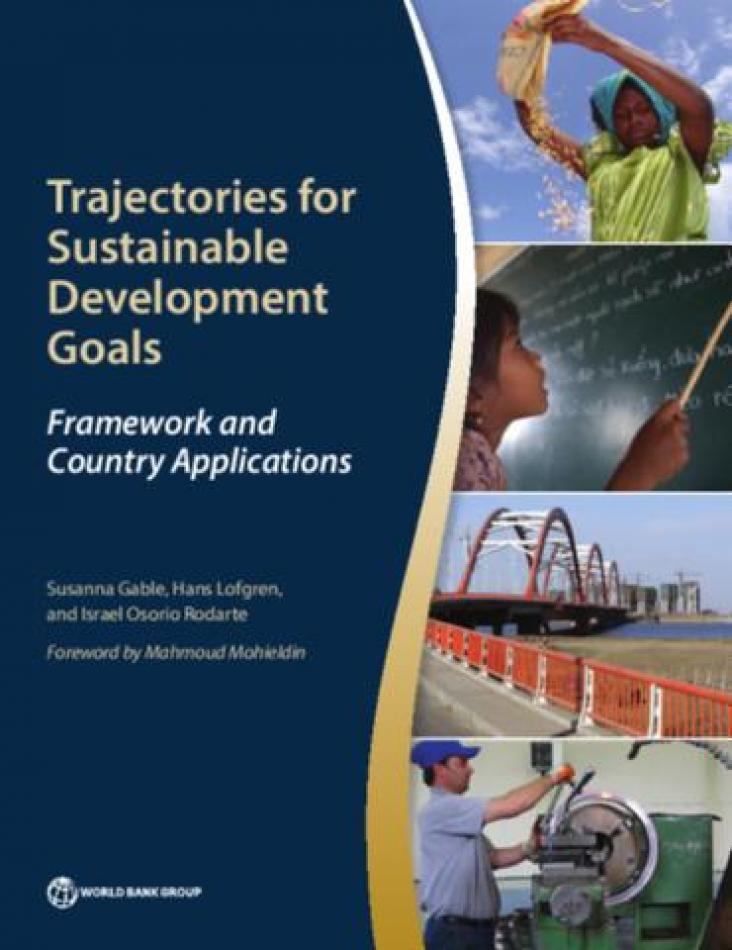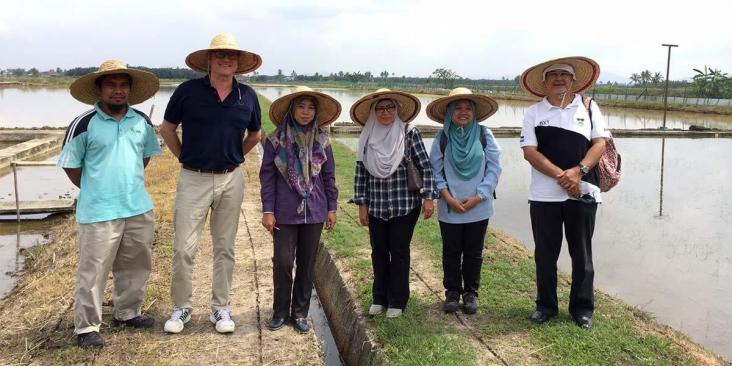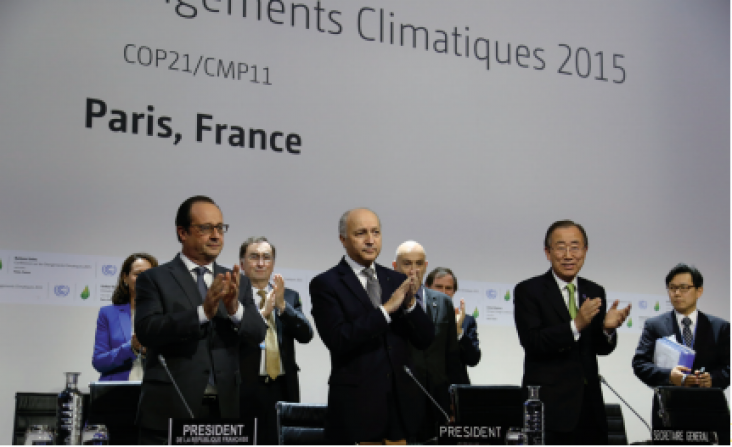Two years on from what was a very optimistic COP 21 in Paris, the general sense of where we are now is less certain. While there is a lot still to be positive about – especially some renewable energy generating technologies becoming much cheaper, there is a different landscape with new geo-political challenges, not least the changing political Administration in the US. With these uncertainties as a backdrop to climate change in 2017, Elsevier has brought together 3 leading experts to help understand the challenges related to implementation of SDG 13 and where we should go from here. The speakers include Alice Larkin from the Tyndall Centre for Climate Change, Roland Roesch from IRENA and Jenny Heeter from NREL. These speakers provide some contemporary context around the themes that we should be aware of, including progress on the latest Carbon reduction targets; importance of innovation within renewable energy sector; and how policy has a vital role to play.

This book presents the country development diagnostics post-2015 framework, developed by the World Bank Group to assess the country-level implications of the post-2015 global agenda, as well as brief, ‘at-a-glance’ applications of the framework to ten countries: Ethiopia, Jamaica, the Kyrgyz Republic, Liberia, Nigeria, Pakistan, Peru, the Philippines, Senegal, and Uganda.

This article highlights the winning proposals of the second edition of the Elsevier Foundation Green & Sustainable Chemistry Challenge. The winning proposals were chosen for their innovative green chemistry aspects and their large positive impact on the environment, contributing to SDGs 3, 8, 13 and 15.

This article highlights one of the winning proposals of the Elsevier Foundation Green & Sustainable Chemistry Challenge - “Biopesticides for improved paddy yield” - led by researcher Dr. Suzana Yusup. Her work shows how bio-pesticides can be safer and more effective than traditional pesticides, contributing to SDGs 8, 12, 13 and 15.
A number of property companies are going beyond traditional corporate responsibility to be net positive. Instead of opting for sustainability strategies that manage risk and reduce negative impacts, these companies are seeking to put back more into society, the environment and the global economy than they take out. Whilst the breadth and scope of these net positive commitments made by real estate leaders vary, there is enormous opportunity for this sector with sustainability and in supporting SDG 7 and 13.

Elsevier is collaborating with the UC Davis John Muir Institute of the Environment on a data science initiative. As part of the programme, an Elsevier John Muir Institute of the Environment Fellow will apply data and information science to the center’s environmental science and sustainability programs focused on the most serious impacts of climate change and advance knowledge on SDG 13.
The Blueprint for Business Leadership on the SDGs aims to inspire all business — regardless of size, sector or geography — to take leading action in support of the achievement of the Sustainable Development Goals (SDGs). It illustrates how the five leadership qualities of Ambition, Collaboration, Accountability, Consistency, and Intentional can be applied to a business' strategy, business model, products, supply chain, partnerships, and operations to raise the bar and create impact at scale. The Blueprint is a tool for any business that is ready to advance its principled approach to SDG action to become a leader. This chapter relates specifically to SDG 13.

Landmark emissions targets were outlined at the COP21 meeting in Paris in 2015 and the chemical industry will play an important role in achieving them. The support of the chemical industry is vital for advancing SDG 13.2 to integrate climate change measures into national policies, strategies and planning. This report also emphasises the opportunities that climate action brings to the chemical industry.
The role of agriculture in flood risk mitigation has been largely overlooked in the UK government’s national flood resilience review. Farm leaders are concerned that the review contains little mention of agriculture, rural communities or food security. This highlights the need to address flood risk mitigation holistically to support SDG 13.1 to strengthen resilience and adaptive capacity to climate-related hazards and natural disasters, and SDG 2.4 to implement resilient agricultural practices that strengthen capacity for adaptation to climate change, including flooding.
This series examines trends in participation in the Caring for Climate initiative, including emissions performance of companies, as well as progress companies have made against the five commitments endorsed by all signatories in the Caring for Climate Leadership Statement. By providing this analysis, Caring for Climate seeks to remind signatories of their progress towards a building a low-carbon society and to encourage greater participation in the initiative, supporting goals 12,13,14 and 15.
